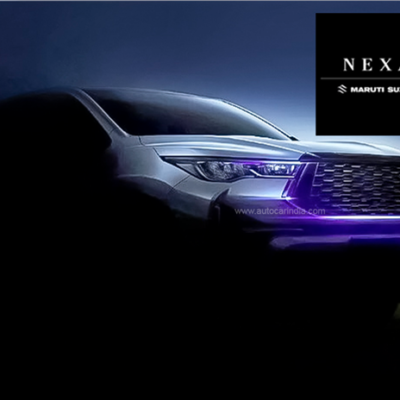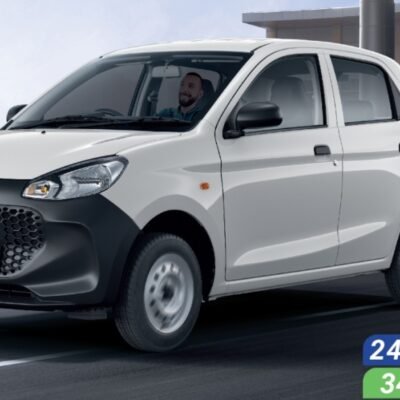Mahindra XUV700 Gets 5 Stars In Global NCAP Test
The Global NCAP has given the Mahindra XUV700 a full 5-star safety rating (New Car Assessment Program). In the most recent round of crash tests conducted by the safety watchdog, the SUV received five stars for adult occupant protection and four stars for child occupant protection.
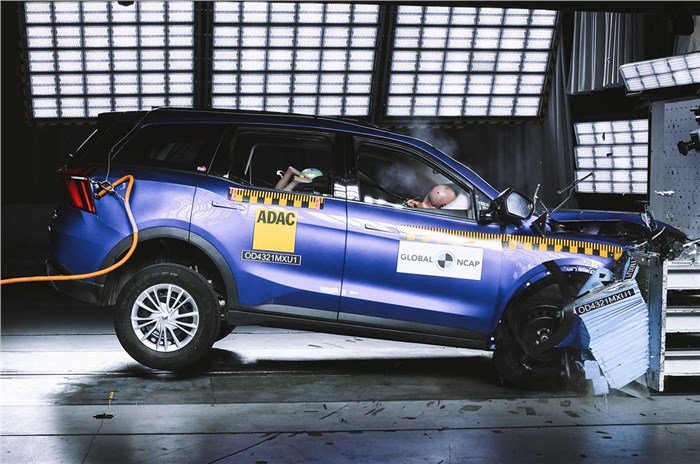
At 64 kph, the Mahindra XUV700 was put through the front offset deformable barrier (ODB) test. The SUV was also put through a side impact test in addition to the ODB test.
For adult occupant protection, the XUV700 received 16.03 out of a possible 17 points, while for child occupant protection, the XUV700 received 41.66 out of 49 points. It was determined that the driver’s and passenger’s head, neck, chest, and knees were adequately protected. The SUV’s body shell and footwell have been deemed “stable” and “capable of withstanding additional loads.”
Dual airbags, ABS, front seatbelt pretensioners, and ISOFIX child-seat mounts were all standard on the model tested by Global NCAP.
The Mahindra XUV700 was introduced in our market earlier this year, with pricing ranging from Rs 11.99 lakh to Rs 22.99 lakh following revisions (ex-showroom, India). The XUV700 is available in two trim levels: MX and AX.
A pair of four-cylinder petrol and diesel engines power the XUV700. The petrol engine is a 2.0-liter mStallion turbocharged engine with 200hp/380Nm and a 6-speed manual or automatic transmission.
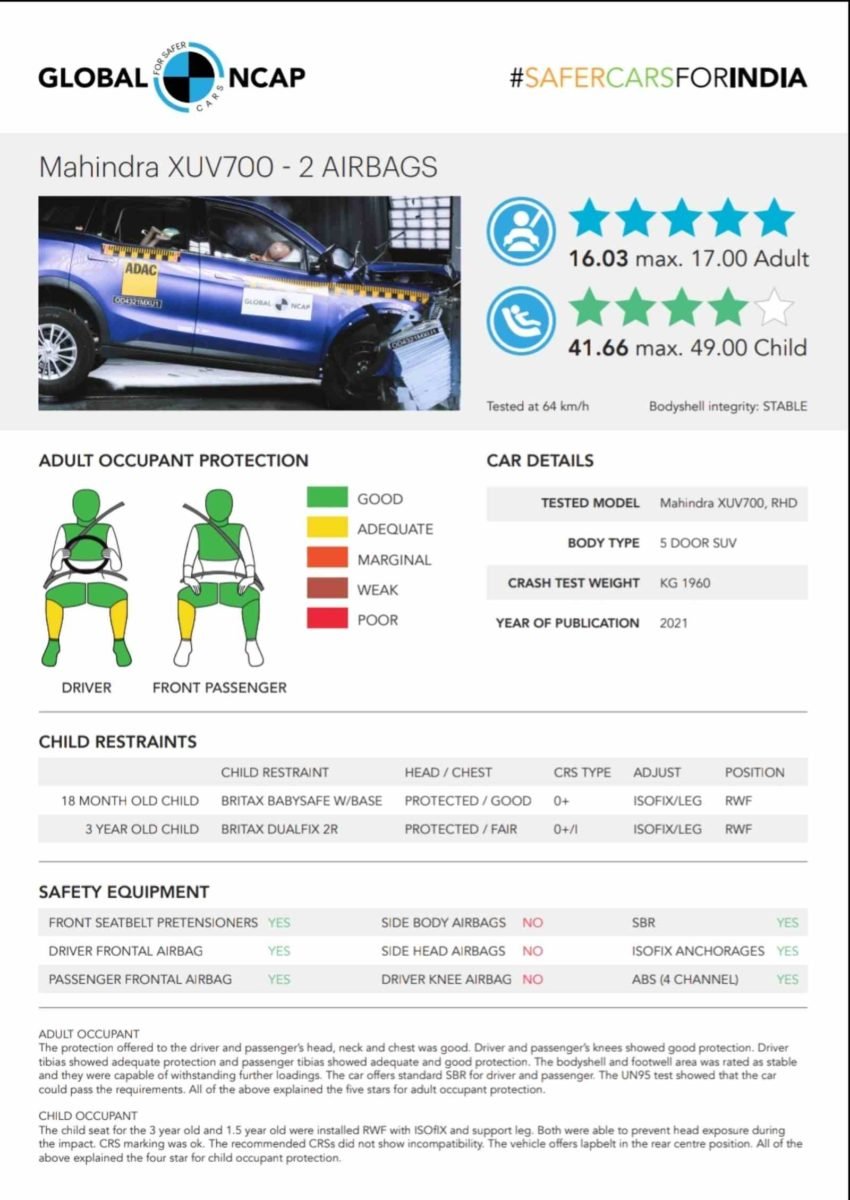
The diesel engine is a 2.2-liter mHawk turbocharged powerplant with two tuning options. The lower-output powerplant (found in entry-level MX models) produces 155 horsepower and 360 Nm and is only available with a 6-speed manual transmission.
The engine in the higher-spec AX versions produces 185hp and 420Nm (450Nm with the automatic gearbox), as well as an automated gearbox and all-wheel drive.
The top-spec XUV700 variant comes with ESP, seven airbags, driver drowsiness detection, auto high-beam assist, and booster headlights, as well as Advanced Driver Assistance Systems (ADAS), features such as Forward Collision Warning (FCW), Autonomous Emergency Brakes (AEB), Lane Keep Assist, Adaptive Cruise Control (ACC), and the Smart Pilot Assist or traffic assist (AT only).
Global NCAP now only evaluates cars for (passive) crash safety. This is expected to alter in the future years, with more emphasis placed on (active) crash avoidance.
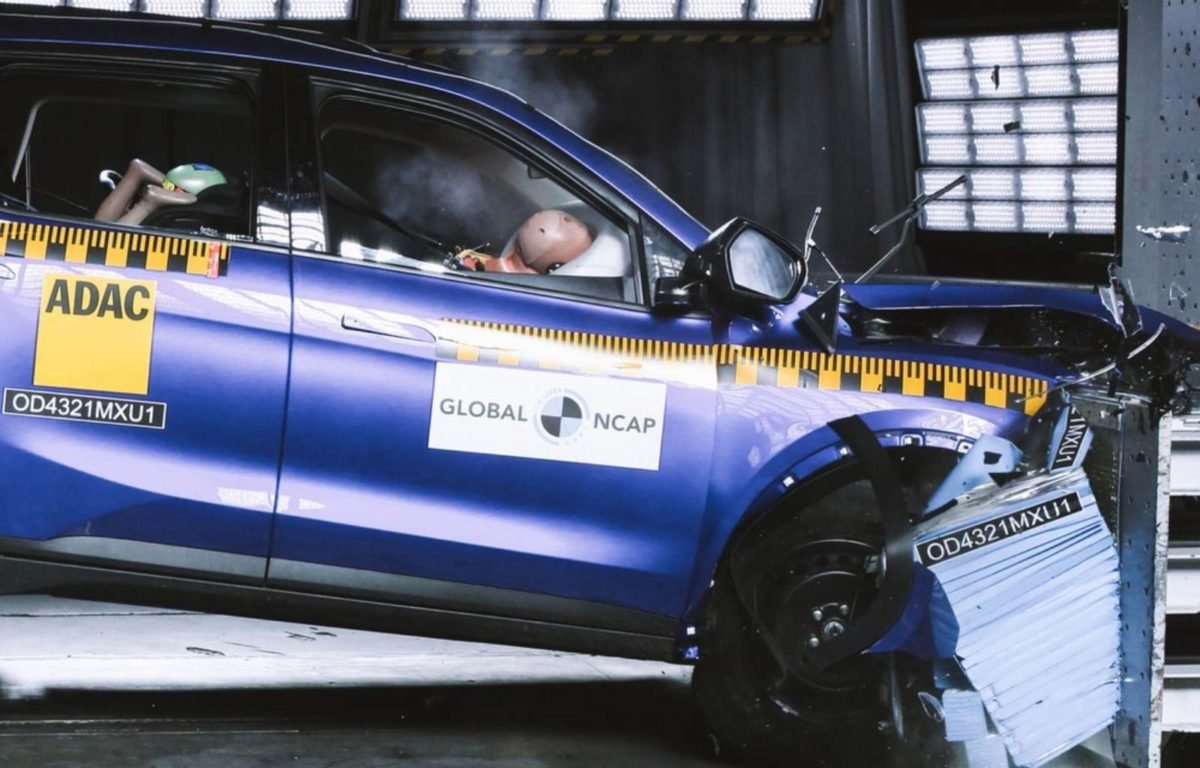
We have reported that GNCAP testing will become much more difficult starting next year. In 2022, ESC will be mandated as a necessity for higher ratings, and the side impact test will become a routine procedure. By 2026, the GNCAP testing process will have been overhauled, with a single rating (rather than the existing system of separate ratings for adult and child occupants) and assessments for additional active safety technology.

